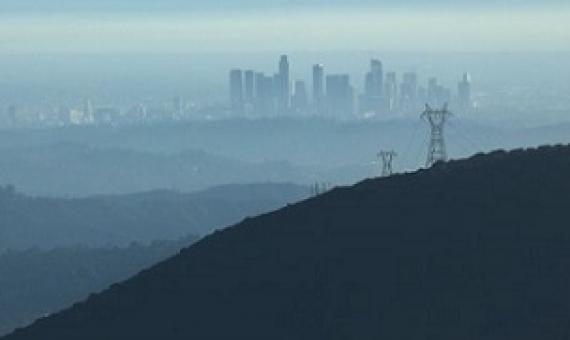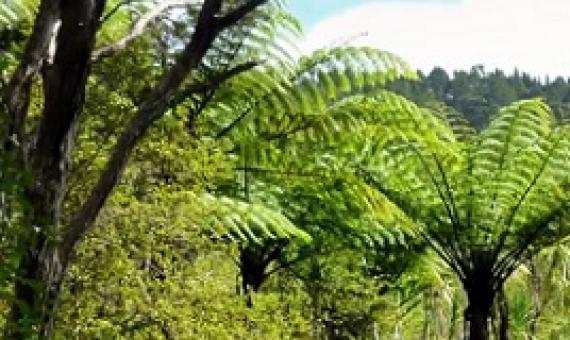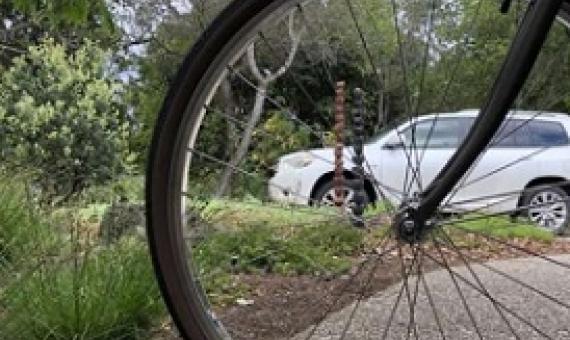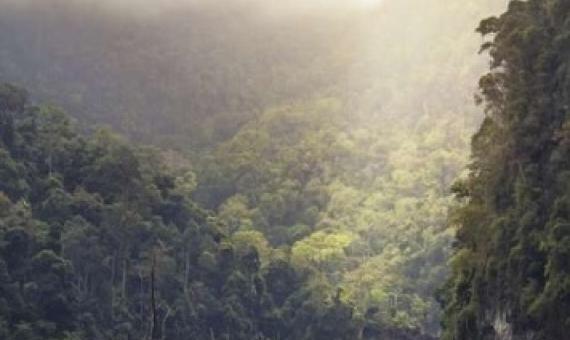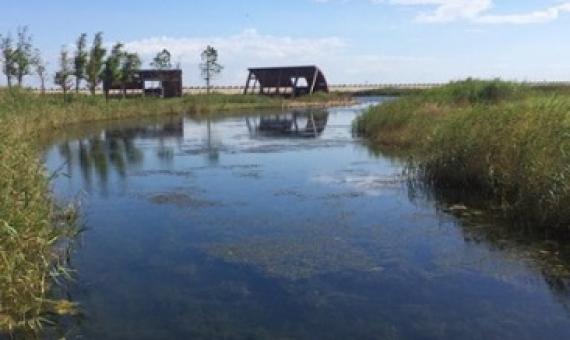The United States formally withdrew from the Paris Agreement on Wednesday, a treaty between 96% of the world’s nations aimed at curbing climate change. The Trump administration opted to exit the global pact about a year ago, and the withdrawal became official this week.
Charting a “Green Path” for Recovery from COVID‑19
Should the economic recovery from the 2019 novel coronavirus disease (COVID-19) be green? The current crisis is so severe that we should not take the answer for granted. It requires serious thought and we start by reviewing some arguments for and against a green approach. A crucial element is of course to see how different industries fare in the current crisis. Our empirical contribution is to examine daily stock returns for firms from the STOXX Europe 600 index.
The world’s tropical forests are in serious trouble, with deforestation worsening and the sixth mass extinction accelerating faster than scientists previously thought.
They contribute only 0.03% of global carbon emissions, but small island developing states, particularly in the Pacific, are at extreme risk to the threats of climate change. Our study, published today in the journal Nature Climate Change, provides the first mega-assessment on
Large-scale reforestation projects such as New Zealand’s One Billion Trees programme are underway in many countries to help sequester carbon from the atmosphere.
The COVID-19 global lockdown has had an "extreme" effect on daily carbon emissions, but it is unlikely to last—according to a new analysis by an international team of scientists.
“The political moment is now” to address the climate risks posed by the aviation industry, analysts, insiders and campaigners say, as governments across the world weigh up bailouts for airlines grounded by the coronavirus pandemic.
Tropical forest ecosystems are an important part of the global carbon cycle as they take up and store large amounts of CO2. It is, however, uncertain how much this ability differs between forests with high versus low species richness.
As the nation shifts abruptly into the fight against coronavirus, a question arises: could social isolation help reduce an individual’s production of greenhouse gases and end up having unexpected consequences for climate change?
A restored and carefully managed wetland on the Chinese coast is a much larger carbon sink than a natural marsh nearby. Since 1970, 35% of global wetland habitat has disappeared, largely owing to human activity.

